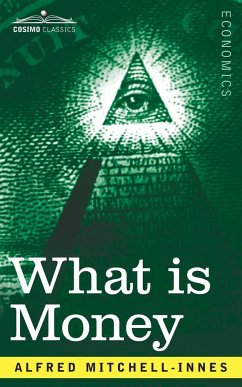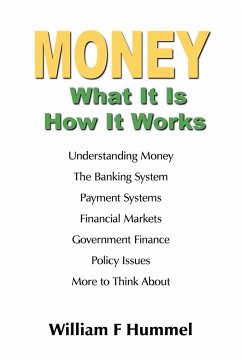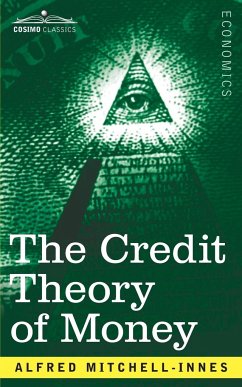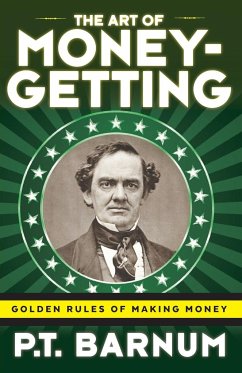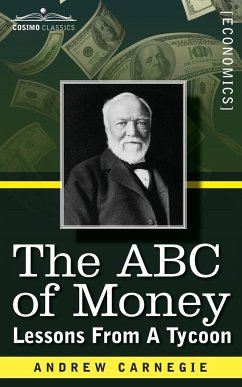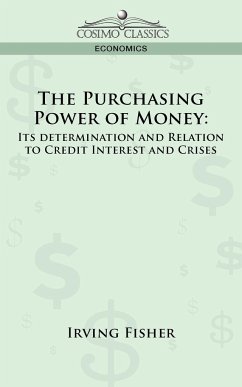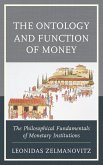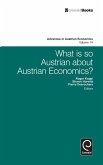"[What is Money? and The Credit Theory of Money is] the best pair of articles on the nature of money written in the twentieth century." -L. Randall Wray, professor of Economics, Bard College (2004) What is Money? (1913) is one of two important articles written by British economist Alfred Mitchell-Innes about money and credit. This publication includes a positive review by John Maynard Keynes. Together with Mitchell-Innes' other article, The Credit Theory of Money (also available from Cosimo Classics), it influenced Modern Monetary Theory, which states that governments can print as much money as they need without having to borrow or tax to finance spending. What is Money? is essential reading for students of monetary theories and economic history.
Hinweis: Dieser Artikel kann nur an eine deutsche Lieferadresse ausgeliefert werden.
Hinweis: Dieser Artikel kann nur an eine deutsche Lieferadresse ausgeliefert werden.

